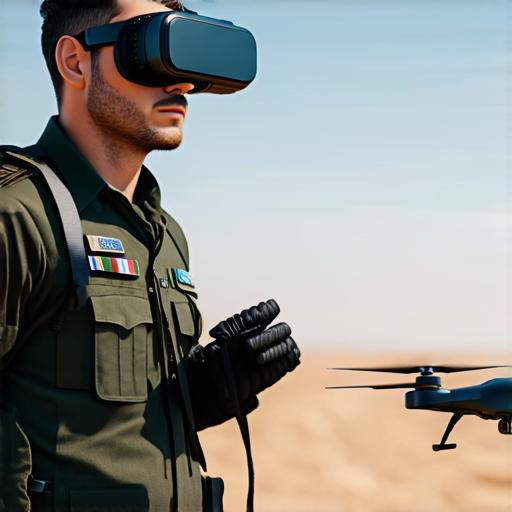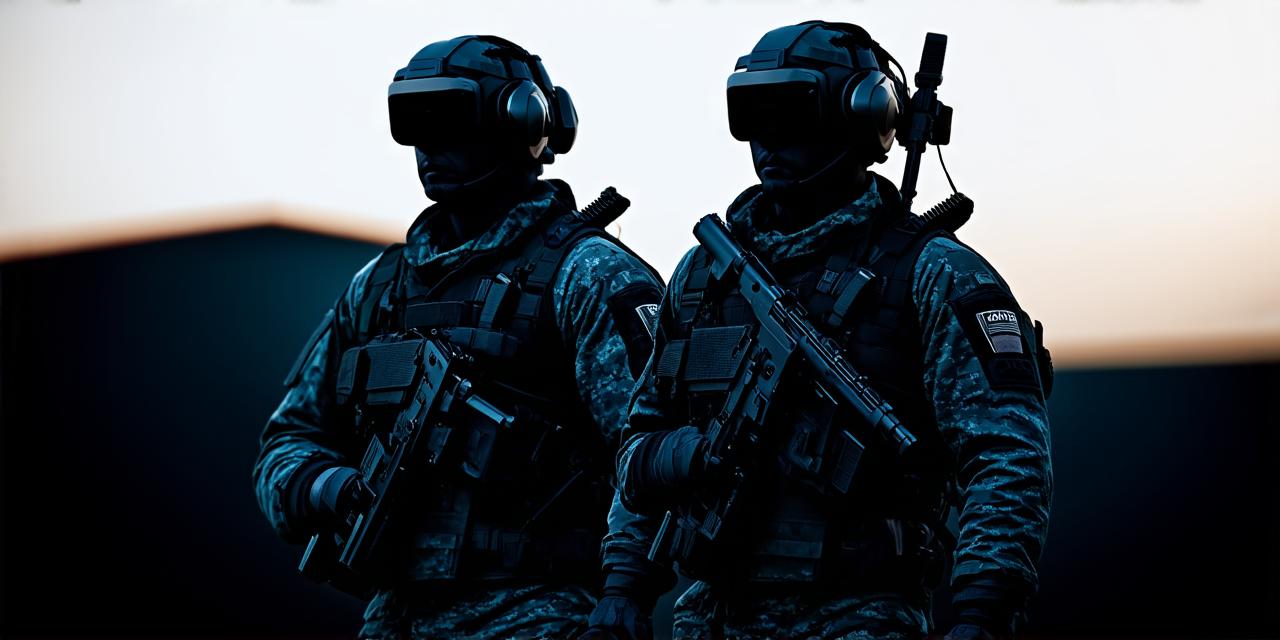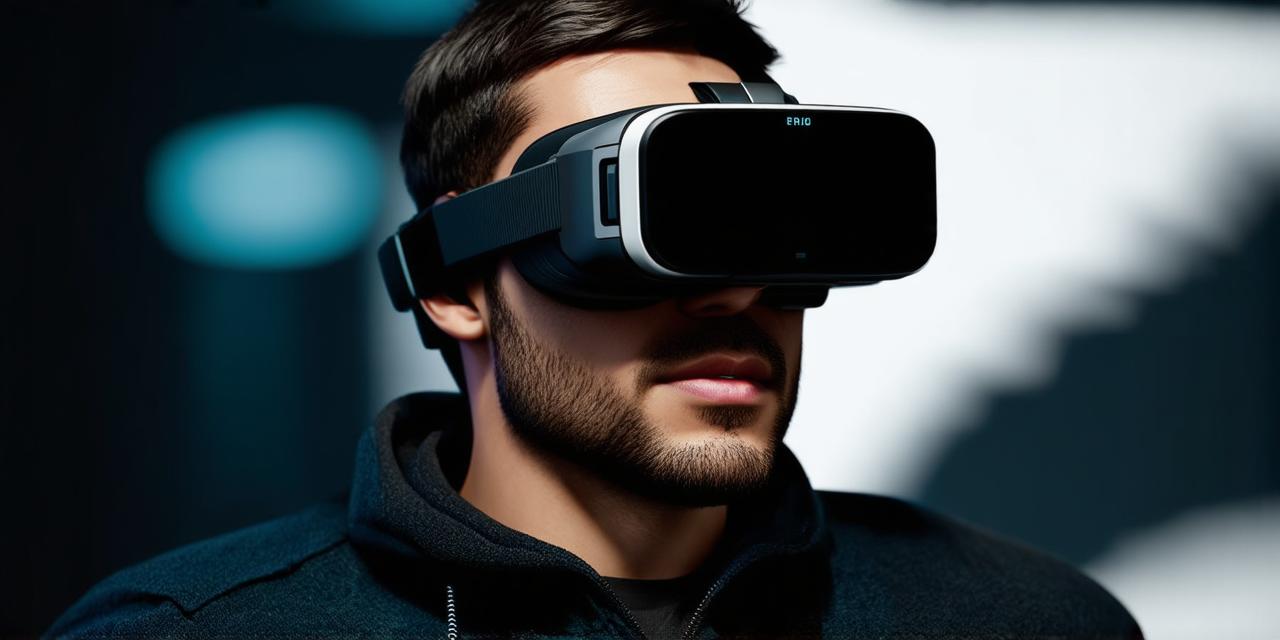Virtual Reality (VR) has become a popular technology in recent years, but it has also found applications in military training and operations. In this article, we will explore how VR is being utilized by the military for various purposes.
Military Training:
Virtual Reality can provide an immersive training experience for soldiers that is both realistic and safe. VR simulations allow soldiers to practice combat scenarios in a controlled environment without risking their lives. This has proved particularly useful for infantry, where soldiers can train on land navigation, close-quarters combat, and urban warfare techniques. In addition, VR training can be customized to suit specific missions or operations, making it more effective than traditional training methods.
Military Operations:
Virtual Reality is also being used by the military in actual operations. For example, during the Iraq War, soldiers used VR simulators to practice reconnaissance missions and identify potential targets for attacks. This allowed them to better prepare for real-world scenarios and potentially save lives. In addition, VR can be used for mission planning, allowing commanders to visualize and plan operations in a virtual environment before they are executed in the real world.
Medical Training:
Virtual Reality is also being utilized in medical training. Medical students can use VR simulations to practice surgeries and other medical procedures, allowing them to gain hands-on experience without risking patient lives. In addition, VR can be used to train medical personnel on emergency response techniques, such as treating wounded soldiers on the battlefield.
Counseling and Therapy:
Virtual Reality is also being used for counseling and therapy purposes. For example, VR can be used to simulate combat situations for soldiers suffering from Post-Traumatic Stress Disorder (PTSD), allowing them to confront and process their traumatic experiences in a controlled environment. In addition, VR can be used for exposure therapy, where patients are gradually exposed to phobias or other anxiety disorders in a virtual environment.

In conclusion, Virtual Reality is being utilized by the military for various purposes, including training, operations, medical training, and counseling and therapy. As technology continues to advance, it is likely that we will see even more innovative uses of VR in the military in the future.



